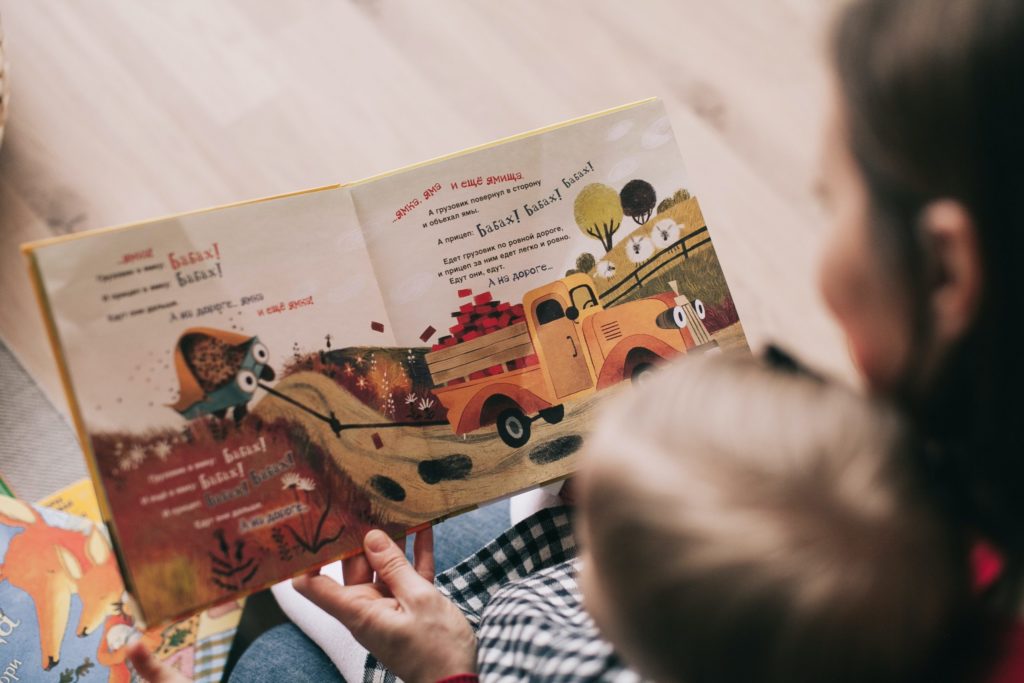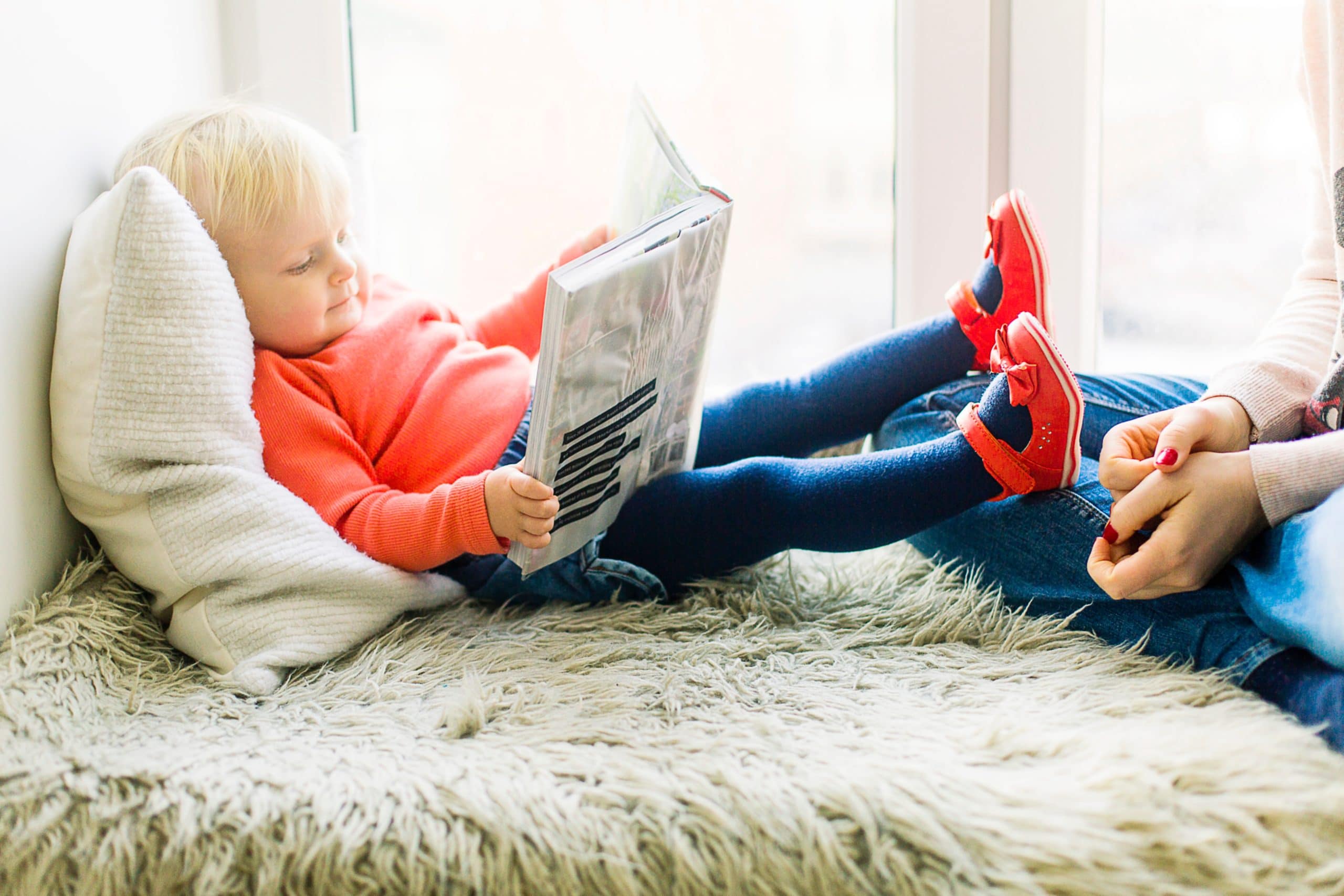The Benefits of Reading

One of the easiest and often most overlooked aspects of child development is simply just taking the time to sit and read together; the emphasis lying with the word “together”. Reading should be a shared experience and not just one way. When we say one way we mean either by the parent reading and the child listening, or for older children, the child reading and the parent listening. The best way to help children to develop, no matter how good they are at reading, is to read with them and share the enjoyment. Children want to share everything they do and when they know that their parents and teachers have time to listen to them, it motivates them to want to read more. In this blog piece we will outline the benefits of reading for children and in the next addition we will look at ways to share reading experiences and make reading more fun than it already is.
Reading is not just for your child: reading is an opportunity for parents to slow down and have some personal time with their children. In this day and age and especially as children get older, it is harder to find one on one time, so it is important to schedule some time in and what could be more personal than cuddling up with a good story?
Reading is fundamental to academic development: Reading with children is the easiest way for them to become smarter without having to push them. Reading can start from any age and some studies have shown that even reading to the child in the womb can have a positive effect on the child’s development. Good reading is the basis for all educational progression. If a child is a good reader they are able to access every part of not only the curriculum, but also the world around them.

Moral building: Reading books can help children to relate to others more personally. By seeing how characters react to each other within stories children learn what is right and wrong. As well as this children gain vital sharing skills from just reading with family members.
Logical thinking and predictive skills: Through books children begin to see patterns in language and plots. They will begin to link sequences of events and be better at relating to real life experiences. Reading also breeds creativity and good readers tend to be good writers too.
Learning about themselves: Books nowadays are tailored to the milestones in young children’s lives. For example young learner books might be related to sharing or role playing, whereas a child of say five or six might be reading about how to fit into a new school. They offer valuable lessons and reinforcement for parents when discussing key issues affecting the children at different stages of life.
Better concentration: Reading has also been linked to better concentration and attention skills. Children with better reading skills have been shown to have better retention rates and generally perform better at tasks requiring high concentration.
For ideas and activities on how to share reading, please take a look at The Benefits of Reading 2- Ideas and activities.
